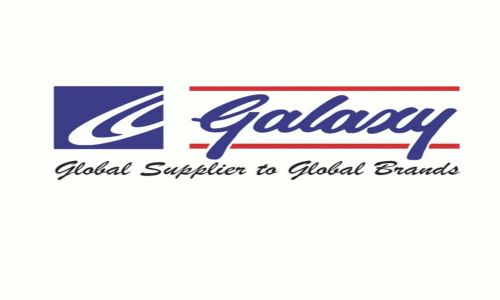GSL aims to end FY23 with volume growth of ~2% which is much lower than 6-8% volume growth guidance.

Galaxy Surfactants’ (GSL) Q2FY23 EBITDA/kg at Rs22.2 was higher than the normal range on better product mix (lower AMET volumes), and this is unlikely to change in FY23. Thus, GSL has raised its EBITDA/kg guidance to Rs21-22 for FY23. Thereafter, it expects mix to normalise as AMET volumes will bounce back, consequently EBITDA/kg will normalise to earlier guidance of Rs16-18. Volume growth is subdued at 0.8% YoY in Q2FY23. It is impacted by volume decline in AMET (down 16.8% YoY), and de-inventorising in developed markets (specialty care volumes fell 2% YoY). It expects AMET to take 3-6 months to normalise, and Europe situation is uncertain. India and US markets are the bright spots, and will continue to drive volume growth. We expect slower EPS growth in FY24 and the risk in near term is fall in margins on weaker sales in specialty care products, and AMET volumes struggling in FY24 as well.
Volumes dip 0.8% YoY. GSL’s revenue rose 40% YoY to Rs12bn driven by 39% growth in realisation to Rs208/kg while volumes rose 0.8% to 59kte due to weak demand in AMET. AMET is fighting inflationary pressures / import restriction due to local currency depreciation in Egypt and Turkey, two key markets. AMET volumes were down 16.8% YoY while India and RoW volumes rose 8.5% and 13.6% YoY. Performance product volumes rose 2.3% YoY but specialty care volumes fell 2% YoY. GSL expects 3-6 months for AMET volumes to bounce back, and the key hindrance is import restriction which is hurting MNC FMCG customers; however, local backward integrated player is winning market share. Volume placement in other geographies of Africa has been impacted by local issues. Developed market volumes have been hurt by slowdown in discretionary spend (particularly Europe), and de-inventorising in US.
Gross profit per kg was Rs56, up 41% YoY (down 14% QoQ). Gross profit was up 42% YoY to Rs3.3bn. Gross profit margin was 26.9% (down 390bps QoQ), and gross profit per kg was at Rs56 vs to Rs64.6 in Q1FY23 on normalisation of profits. However, it is much higher than the normal range of Rs45-50/kg due to better product mix (lower AMET mix) and easing supply issues. EBITDA rose 86% YoY / down 11% QoQ to Rs1.3bn. It was impacted by 31% rise in employee cost (last year had no variable payout), and other expenses inflation eased to just 19.8% YoY. EBITDA/kg was Rs22.2 (vs Rs12 in Q2FY22). Net profit grew to Rs0.8bn, up 2x YoY. Egypt and US subsidiaries have performed much better with EBITDA margin at 14% vs standalone at 9.3%.
FY23 margin guidance increased; future years’ margin guidance unchanged. GSL aims to end FY23 with volume growth of ~2% which is much lower than 6-8% volume growth guidance. It has increased EBITDA/kg guidance to Rs21-22 on better product mix, and strong H1FY23. However, GSL has maintained its long-term guidance at Rs16-18/kg as it believes AMET volumes will normalise, and company’s focus is to drive volume led profit growth. It believes specialty will continue to grow faster, thus, driving EBITDA/kg increase secularly from thereon.
Subscribe to our newsletter & stay updated.